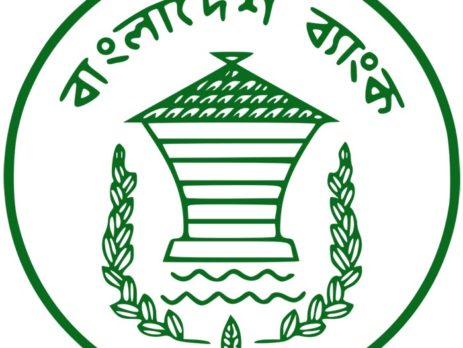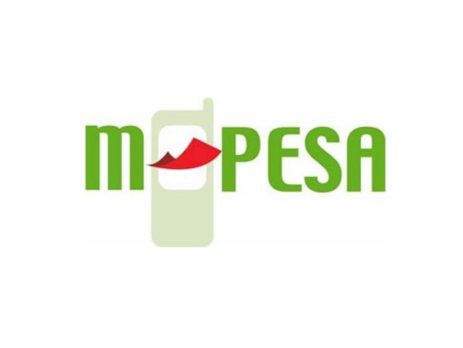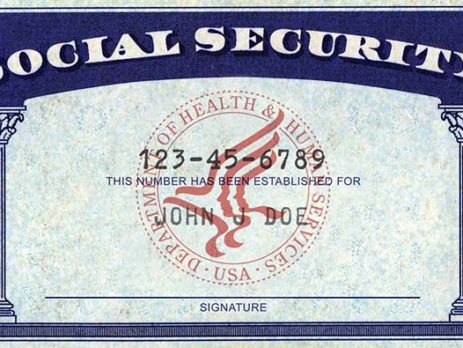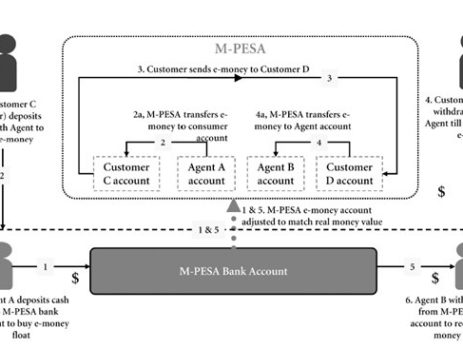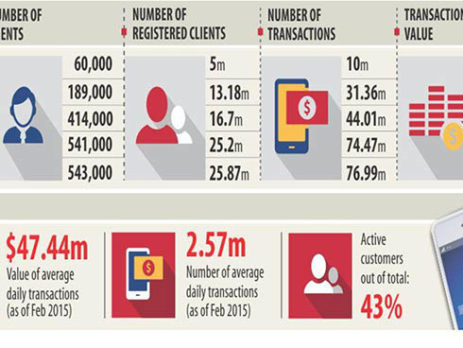10-Taka No-frill account service: FGD experience
10-Taka No-frill account service is a widespread banking solution specially tailored to the marginal farmers of Bangladesh. Farmers (landless, share-croppers, agricultural labors, marginal ones) all across the country are the beneficiaries of this 10-Taka No-frill account service. As per BB annual report – 2016, around 8.93 million farmers had access to NFA – No-frill account. I was a part of a FGD (focus group discussion) team to evaluate the effectiveness of these 10-Taka No-frill accounts service. Beneficiaries of 10-Taka No-frill [...]

